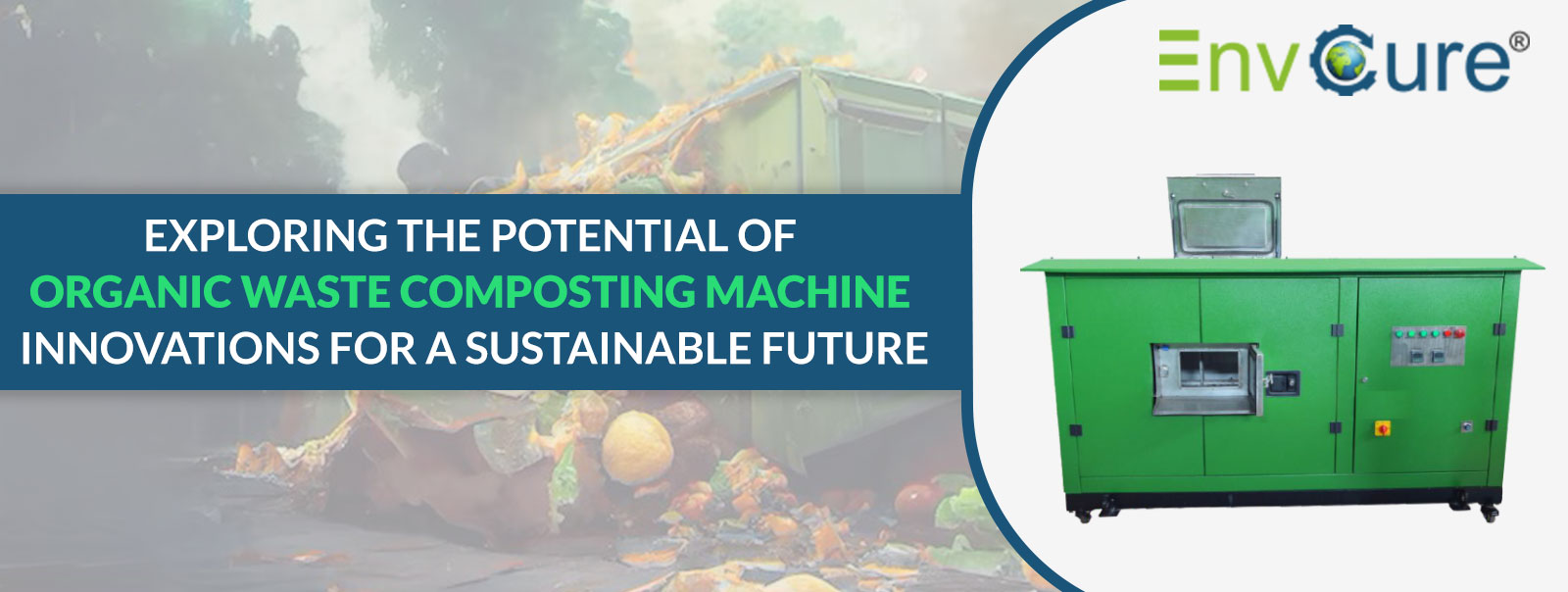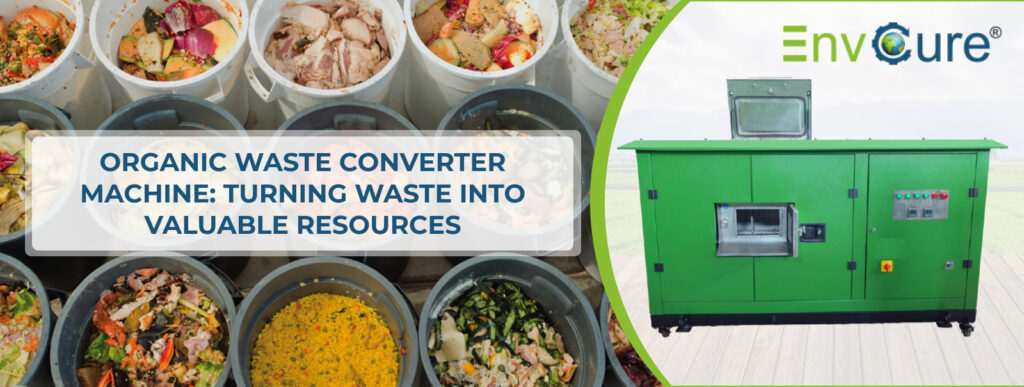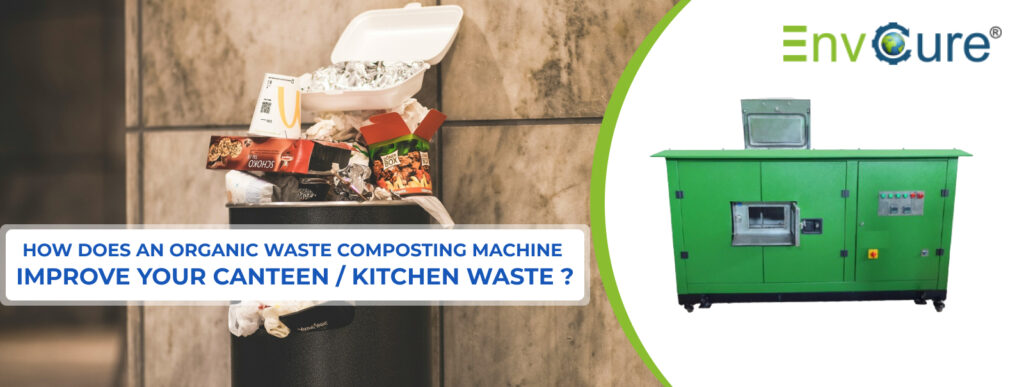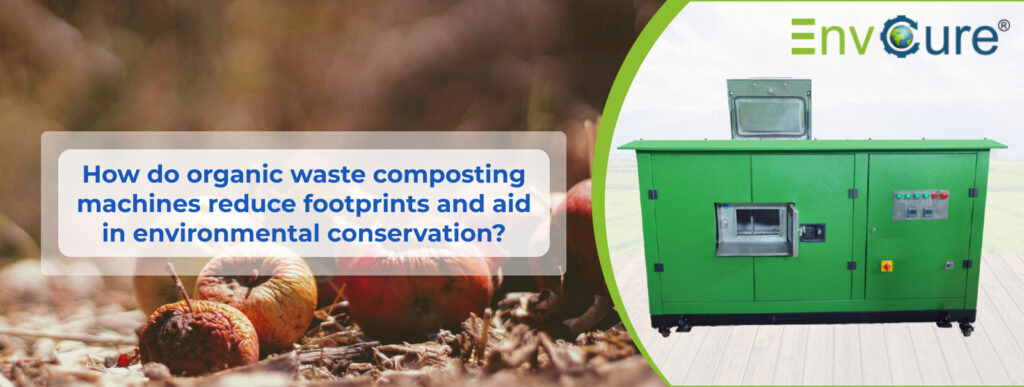The clock is ticking, and with the escalating environmental challenges our planet faces, there’s an urgent need for solutions. One pressing issue is the enormous quantity of organic waste we generate daily. Enter the organic waste composting machine – a marvel of modern engineering that’s proving to be a game-changer.
Understanding the Organic Waste Composting Machine
The essence of this machine lies in its ability to turn what we often see as waste – food scraps, garden cuttings, and other biodegradables – into compost, a rich, organic matter beneficial for soil health.
- Efficiency: Machines, especially the food waste composting machine, operate far more swiftly than traditional composting methods. While a backyard compost heap might take months, machines can process and transform waste in mere hours or days.
- Space-saving: Ideal for urban environments where space is a premium. Compact designs mean even a large apartment complex or restaurant can conveniently own and operate one.
- Environmental Impact: By diverting significant amounts of organic waste from landfills, these machines directly combat the greenhouse gas emissions generated when such waste decomposes anaerobically.
Real-world Applications
A closer look reveals that the organic waste composting machine isn’t just an innovation on paper; it’s making waves in various industries.
Restaurants and Community Kitchens
- Large volumes of food waste are inevitable. Integrating a food waste composting machine not only solves waste disposal challenges but also provides compost that can be used or sold.
- Demonstrates a commitment to sustainability, enhancing brand image.
Residential Complexes
- Simplifies waste segregation and management for residents.
- Creates a valuable resource (compost) that can be utilised within the community garden or sold to generate funds.
Hospitals and Offices
- With cafeterias generating significant amounts of organic waste, having an in-house composting solution is efficient and cost-effective.
- Sends a positive message about the institution’s eco-conscious policies.
Long-Term Benefits of Organic Waste Composting Machines
Organic waste composting machines, an innovative solution to waste management, offer a plethora of benefits that not only address immediate concerns but also pave the way for sustainable futures. Delving into these advantages gives us insight into why investing in such technologies is imperative for both current and upcoming generations.
Environmental Conservation
- Reduced Greenhouse Gas Emissions: Traditional landfills are a significant source of methane, a potent greenhouse gas. Organic waste composting machines significantly curtail methane emissions by providing a controlled environment for organic decay.
- Landfill Diversion: By transforming organic waste into nutrient-rich compost, these machines significantly reduce the volume of waste destined for landfills. This helps extend the lifespan of landfills and minimises the environmental degradation associated with them.
Soil Health and Fertility
- Enriched Soil Structure: Regularly incorporating compost into soils improves its structure, making it more porous and improving aeration. This not only benefits plant roots but also the myriad organisms that call the soil home.
- Natural Fertiliser: Compost derived from organic waste is rich in essential nutrients, reducing the need for chemical fertilisers. Over time, this lessens soil and water pollution and reduces the environmental and health risks associated with chemical run-off.
Economic Sustainability
- Reduced Waste Management Costs: As organic waste gets transformed into valuable compost, municipalities can anticipate reduced costs associated with waste transportation, disposal, and landfill management.
- Revenue Generation: High-quality compost can be commercialised, offering an additional revenue stream for municipalities or businesses. This is particularly viable in areas with a thriving agricultural or gardening sector.
Community and Public Health
- Community Engagement and Education: Organic waste composting machines can serve as educational hubs, teaching communities about sustainable waste practices, the science of composting, and the benefits of organic agriculture.
- Reduced Pathogens and Pests: Proper composting in controlled environments eliminates pathogens present in organic waste. This translates to healthier compost and a reduction in diseases that can be transmitted via contaminated soil.
Forward-Thinking Infrastructure
- Scalability for Growing Populations: As urban areas continue to grow, so will their waste. Organic waste composting machines are scalable solutions, able to address the needs of expanding populations, ensuring that cities are prepared for future waste management challenges.
- Promotion of Circular Economies: Such machines epitomise the principles of a circular economy where waste is not the end but the beginning of a new cycle. Over time, this mindset shift can transform industries, economies, and communities to think more sustainably about resource use.
Global Biodiversity
- Revitalisation of Degraded Lands: Compost has the power to revitalise lands that have been degraded due to over-farming, deforestation, or pollution. As such, organic waste composting machines can indirectly play a role in restoring habitats and promoting biodiversity.
- Supporting Pollinators: Healthier soils lead to more vibrant plants, which in turn support vital pollinators such as bees and butterflies. By enriching the soil, we’re ensuring a brighter future for these essential creatures and the ecosystems they support.
Concluding Thoughts and the Road Ahead with EnvCure
Waste composting, particularly through machines, presents a promising avenue towards a greener tomorrow. Companies like EnvCure are at the forefront of these innovations, ensuring that technological advancements and environmental stewardship go hand in hand.
If you’re interested in paving the way for a sustainable future, understanding and investing in these machines is a step in the right direction.
Looking to explore the potential of composting machines for your institution, business, or community? EnvCure offers top-tier solutions tailored to meet diverse needs. Let’s collaborate to make the world a better place.
Frequently Asked Questions:
Q.1. What is organic waste composting, and why is it important for sustainability?
Ans: Organic waste composting is a natural process that turns organic materials into nutrient-rich soil. It’s vital for sustainability as it reduces landfill waste, lowers greenhouse gas emissions, and enriches soil for agriculture.
Q.2. What are the environmental benefits of using organic waste composting machines?
Ans. Composting machines help reduce landfill waste, decrease methane emissions, and conserve resources. They play a crucial role in building a more sustainable future.
Q.3. How can I get in touch with experts in organic waste composting and composting machine technology?
Ans. You can contact experts through the event organizers or reach out to manufacturers and industry associations. They are usually happy to share their knowledge and insights.








